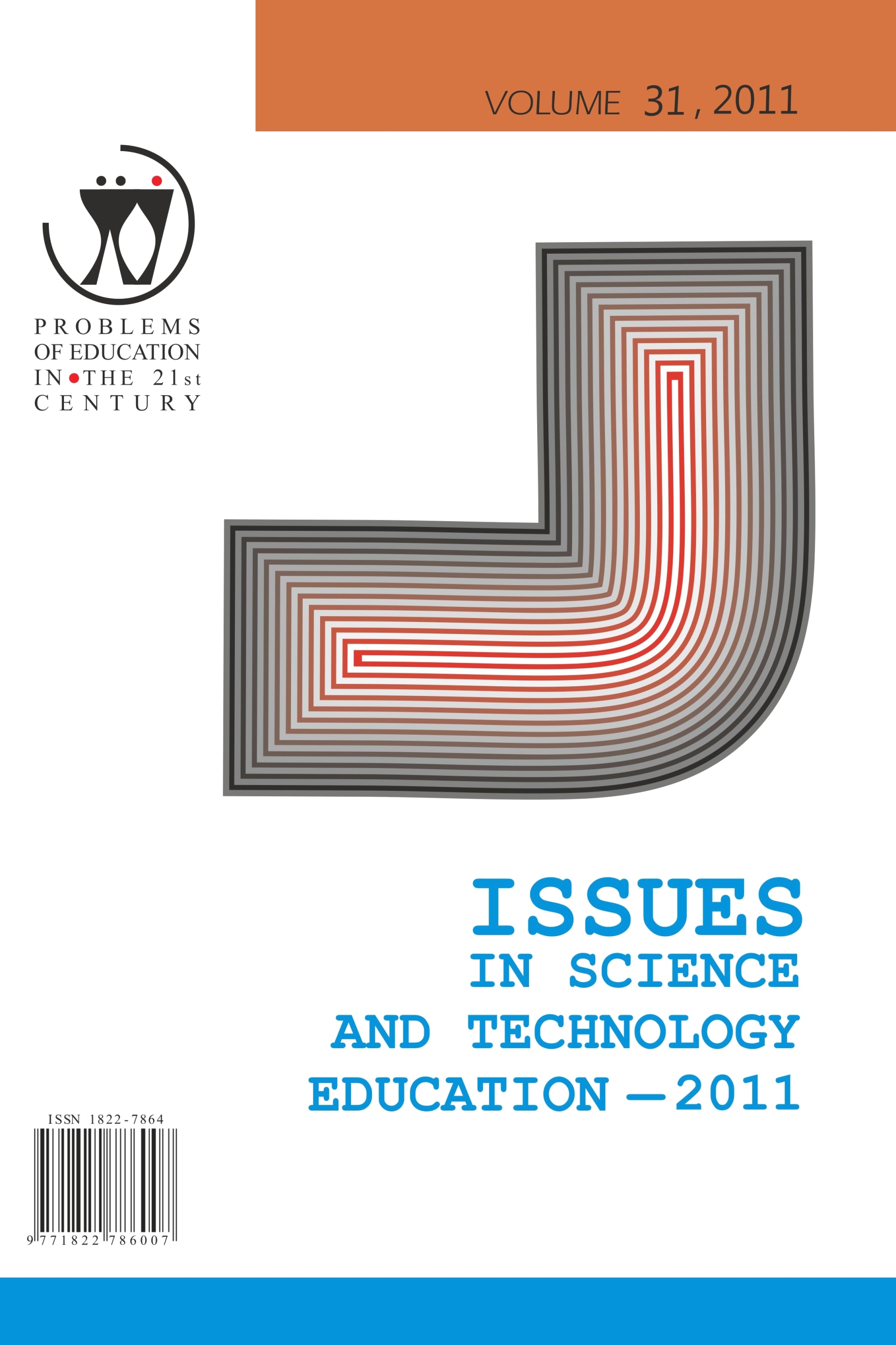CHALLENGES OF THE EDUCATION FOR SUSTAINABLE DEVELOPMENT WITH PARTICULAR FOCUS ON THE SUB-SAHARAN AFRICA CONTEXT
CHALLENGES OF THE EDUCATION FOR SUSTAINABLE DEVELOPMENT WITH PARTICULAR FOCUS ON THE SUB-SAHARAN AFRICA CONTEXT
Author(s): Liliana MamminoSubject(s): Education, Energy and Environmental Studies, Vocational Education
Published by: Scientia Socialis, UAB
Keywords: education for sustainable development; formal and informal education; indigenous knowledge systems; language of instruction;
Summary/Abstract: The education for sustainable development is one of the major challenges of our époque, because it is the key to make sustainable development possible by fostering informed, active and convinced participation from the public. It is also a novel type of challenge, because it needs to reach the public at large, and not only learners within the formal instruction systems, and it needs to promote responses in terms of sustainable behaviour patterns. Therefore, it needs to expand beyond science education and to incorporate and utilise additional types of information in order to design the best communication options for each type of audience. On the other hand, it requires a certain level of science literacy to offer adequate motivations on proposing sustainable behaviour patterns; therefore, it may also need to address the issue of science literacy when necessary, above all when targeting the general public.After an introductory overview of the general features of these challenges, the paper focuses on the Sub Saharan Africa context and attempts to outline options for the integration of the new messages inherent in the sustainable development concept with relevant aspects of the local realities. Specific attention is given to the challenges common to science education and to sustainable development education (mostly stemming from historical reasons); to the challenges of education aimed at fostering sustainable patterns; to possible routes for the youths’ active participation in the dissemination of information and in the design of viable sustainable options; and to the importance of connections with traditional systems of knowledge and values.
Journal: Problems of Education in the 21st Century
- Issue Year: 31/2011
- Issue No: 1
- Page Range: 85-93
- Page Count: 9
- Language: English

